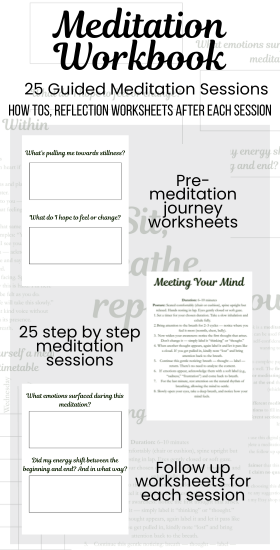Christmas is seen to be the most positive time of the year — actually, I’d go beyond that and say Christmas is seen to be the most perfect time of the year. Everywhere you look, there’s this unspoken expectation that everyone should be happy, merry, and bursting with festive spirit. Negativity is quietly banned, replaced with matching pyjamas and carefully curated smiles for the family photo.
But let’s be honest — nobody has a perfect family, and Christmas can often be one of the most challenging times of the year for many people.
Not only is it unrealistic to suddenly feel joyful and harmonious with everyone, as if years of tension, grief, or distance have magically dissolved in the twinkle of fairy lights — it’s also exhausting to feel the pressure to be perfect during the Christmas season.
I know I’ve often seen December looming towards me like a big, glittery cage — the idea of being trapped in a room with people for hours that I don’t necessarily get along with, or spending what feels like entire weekends in the kitchen, frantically preparing food I’m too tired to enjoy. And then, as soon as it’s over, packing it all away just to do it again in about 350 days.
Now, I don’t think Christmas is all negative — there are definitely moments of warmth, connection, and genuine joy. But it’s not all happy-go-lucky either. And if you agree, keep reading for some ways to protect your mental health during this wonderfully complicated, occasionally chaotic, but potentially meaningful season.
1. Acknowledge Your Feelings (Yes, Even the Messy Ones)
You don’t have to “feel festive” just because it’s December. Whether you’re carrying grief, stress, loneliness, or resentment, your feelings are valid. Trying to suppress them because “it’s Christmas” usually makes them louder. Give yourself permission to feel whatever comes up — frustration, sadness, or even numbness. Naming it often takes away its power. This can be challenging when everyone around you may appear so over-excited about Christmas, but talk to someone close to you and see if they feel similarly to you.
2. Let Go of the Perfection Myth
The picture-perfect Christmas doesn’t exist. Not in real life, anyway. Burnt roast potatoes, awkward silences, forgotten gifts — they’re all part of the story. The more we release ourselves from the expectation that everything must be magical, the easier it becomes to actually find magic in the imperfect bits.
Try focusing on what truly matters to you, not what looks best on Instagram or matches someone else’s idea of “Christmas done right.”
3. Set Boundaries (and Stick to Them)
You are allowed to say no — to extra gatherings, uncomfortable conversations, or traditions that drain you. Boundaries aren’t about being difficult; they’re about being kind to yourself. If a certain topic always spirals into conflict, rehearse a calm response or plan an exit strategy. Taking short breaks for a walk, a deep breath, or even just hiding in the bathroom for five minutes (we’ve all been there) can be an act of self-preservation, not selfishness.
4. Create Your Own Calm Moments
Amid the chaos, look for stillness. It could be a quiet cup of tea before everyone wakes up, a walk under winter skies, or simply lighting a candle and taking a few slow, mindful breaths. Mindfulness doesn’t have to mean meditating for an hour — it can be choosing to notice a moment rather than rush through it. I’ve linked a couple of things you could treat yourself with this Christmas, these help me look forward to the cold and dark winter season in general as well as Christmas.
5. Reimagine Connection
If family gatherings feel tense or triggering, it’s okay to seek connection elsewhere — with friends, a pet, your community, or even yourself. Connection doesn’t always have to come from where we expect it to. Sometimes, it’s found in sending a kind message, volunteering, or starting a small new tradition that feels like you.
6. Plan a Gentle Recovery
When the tinsel settles and the leftovers are gone, make sure to schedule some recovery time. The emotional hangover of the holidays is real. Give yourself space to decompress — no obligations, no forced cheer, just a return to your own rhythm. People often forget that a lot of Christmas depression is linked to seasonal depression in general, and January and February can be very tough, cold and dark months, especially coming straight after the holidays.










